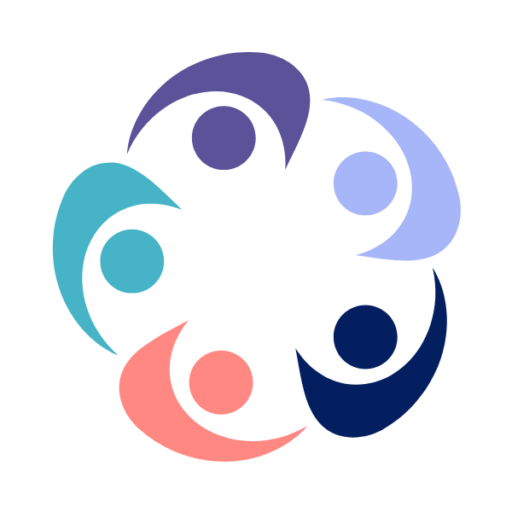
Core Values & Key Principles
Switzerland is deeply rooted in western European culture
Swiss values are basically (western) European values, based on concepts of freedom, liberalism, pluralism, tolerance and last but not least secularization (which marks a common European difference compared to the U.S.A.). Swiss philosophers, politicians and scientists have made major contributions to the common European heritage and Switzerland was among the first nations on the continent to adopt a modern democratic constitution.
Swiss national identity is a political one, based on a common appreciation of neutrality, federalism and direct democracy. According to this view, it is an attachment to these fundamental political institutions and values that unites Swiss citizens, and therefore comprises the core of Swiss national identity.
They are very proud of their neutrality and promotion of worldwide peace, as well as their environment and have a long tradition of freedom.
Key principles: the cooperative principle and its three “selves” – self-help, self-determination and self-responsibility. For Swiss men and women, personal self-determination and unity in diversity are the highest values.
CURIOSITY & METICULOUSNESS
CONSENSUS
RELIABILITY & STABILITY
PRAGMATISM
MODESTY/ DISCRETION/ SOBRIETY/ NO FLASHY DISPLAY
POLITENESS
PUNCTUALITY
EFFICIENCY
MULTICULTURALISM
DRIVEN BY EXCELLENCE, HIGH QUALITY & PERFECTIONNISM
CONFLICT AVOIDANCE
CLEANLINESS & ENVIRONMENTALLY SENSITIVE
RESPECT FOR MATERIAL POSSESSIONS, WEALTH SAVING, THRIFT
LAW ABIDING, VALUE RULES & REGULATIONS, DISCIPLINED
CAUTIOUS, RISK AVERSE
- Secure future: Stability and sustainability bring a high degree of predictability and reliability. The ingenious system of rules and conventions on which this is based brings a high degree of future security for the individual and for society as a whole. This is both unique and attractive in the modern world.
- Stability (sustainability): Switzerland stands for stability. The foundation for this is Switzerland’s political and economic system with its strong emphasis on the reconciliation of differences
- Balance: More than almost any other country, Switzerland has succeeded in bringing ostensible opposites together and in reconciling great differences to produce fruitful cooperation. It is not diversity in itself but the way that diversity is dealt with that is special. This determination to connect and to reconcile differences makes a key contribution to the stability and the secure future of Switzerland.
- International hub: Geneva is the humanitarian capital of the world. Companies are increasingly moving their headquarters to Switzerland, every year the WEF in Davos brings together opinionleaders and decision makers from the worlds of politics, business and science. During Art Basel the city becomes an international art metropolis.
- Self-determination: The origin of Switzerland is associated with a myth of freedom and today Switzerland is one of the most democratic countries in the world. Personal as well as national self-determination are important components of Swiss identity, the cornerstones of which are direct democracy, federalism, the principle of subsidiarity and a low ratio of state expenditure.
The Swiss take their values seriously, backing them up with visible and effective measures. Their neutrality, for instance, is an ARMED neutrality; Switzerland possesses more weapons per square mile than any other country in Europe. The Alps (their fighting redoubt and base) constitute a veritable fortress with hundreds of bunkers, invisible hangars, nuclear hideout shelters and underground hospitals. ed neutrality: Fortress Switzerland

